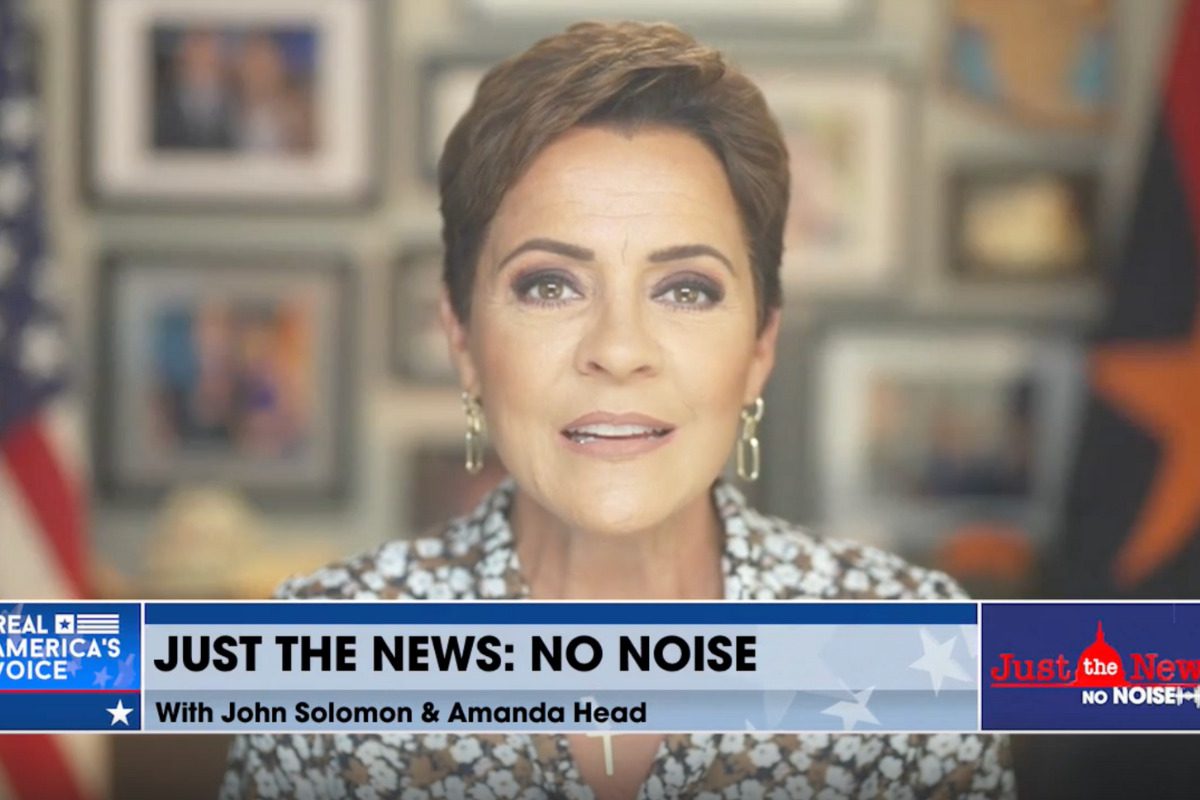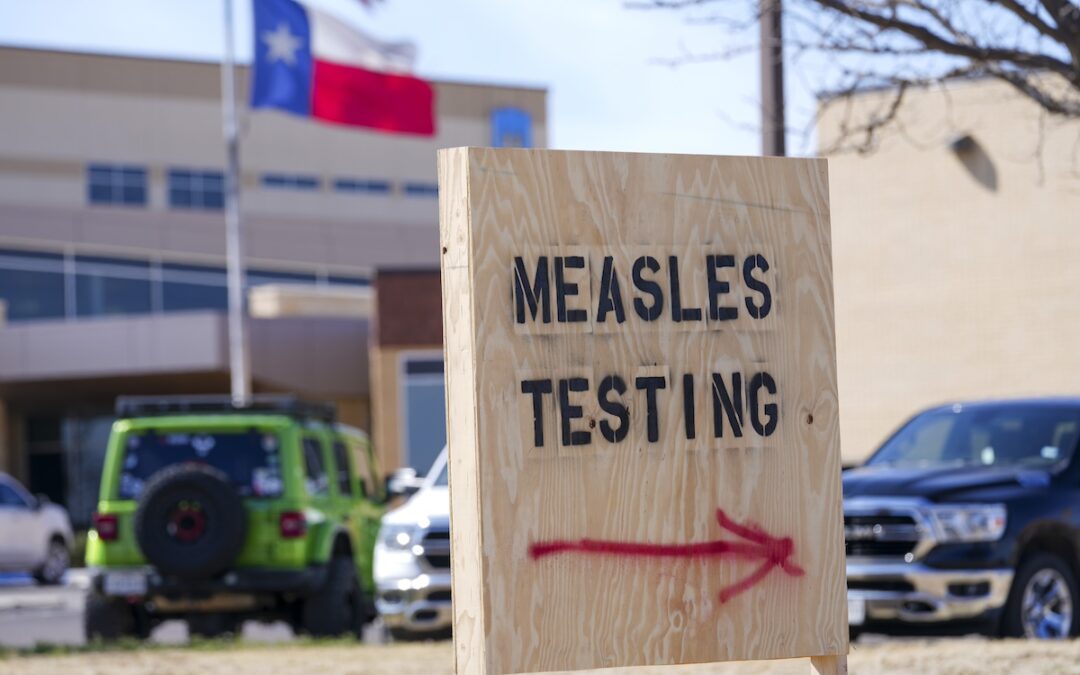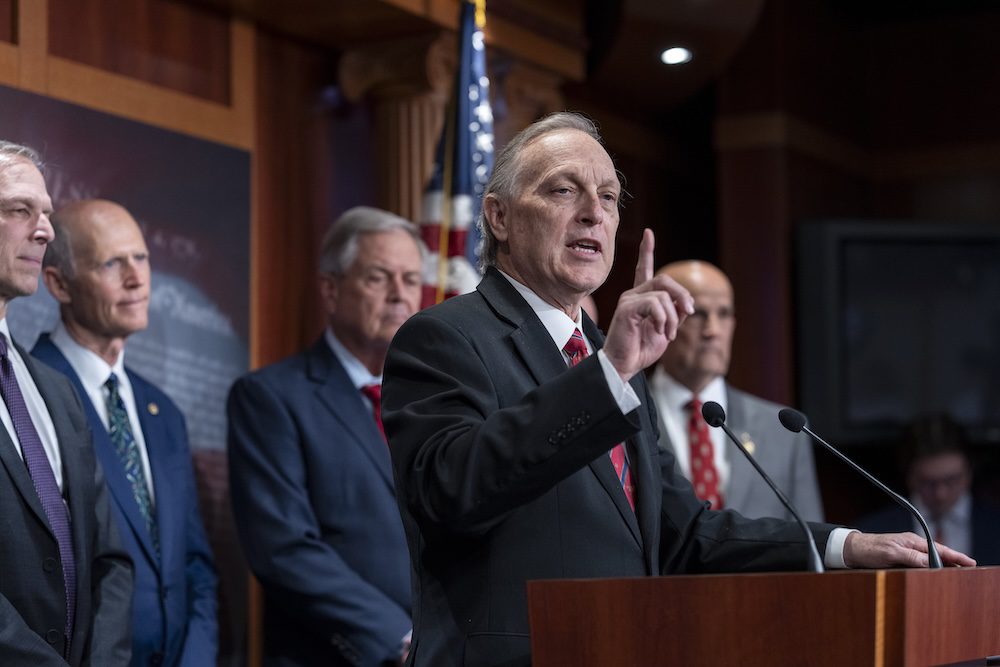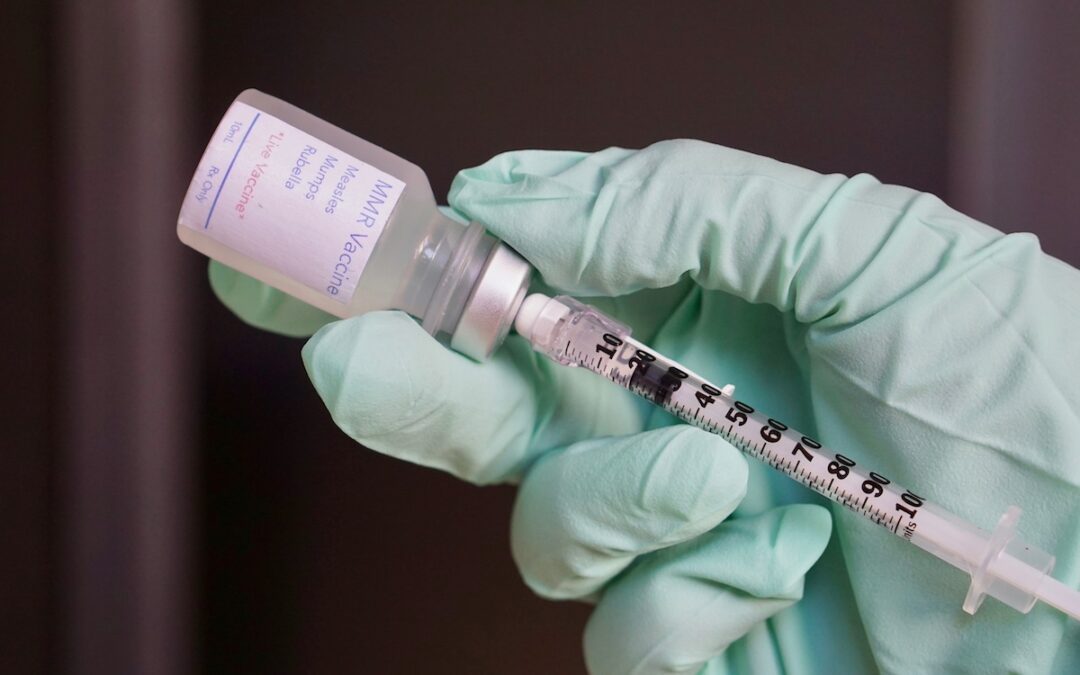
Republican candidate for US Senate Kari Lake appears as a guest on the far-right broadcast network Real America's Voice.
A popular, successful effort by the Biden-Harris administration to stop price gouging on prescription drugs and cap how much working families pay for medicine has drawn the ire of Republican US Sen. candidate Kari Lake.
In an interview with conservative media personality John Solomon, Lake incorrectly labeled a new law that allows Medicare to negotiate the costs of ten lifesaving prescription drugs as a tenet of communism, and claimed without evidence that such cost-saving measures would lead to a nationwide food shortage.
“In an effort to even the playing field, they want to, you know, take away from people who are willing to work, and what you’re going to do is end up with scarcity,” said Lake. “We’re going to end up with food lines, bread lines, the kind of stuff that we saw in communist Russia.”
The misconception comes from a glaring misunderstanding of how the medical industry works, and the free market in general. Pharmaceutical companies benefit greatly from government-funded research—to the tune of $30 billion a year—but don’t voluntarily pass the financial relief of those subsidies onto consumers. The end result is taxpayer-funded medical innovations owned by private companies, who until recently, have been able to charge the public whatever they want for the medicine developed by that research.
How consumer protections keep costs down
Other countries balance this by capping drug costs and allowing the government to negotiate drug costs on behalf of the consumer. As a result, US residents pay four times as much as residents of countries like Mexico, Japan, Canada, and the United Kingdom for the same medicine.
But some of those costs in the US will soon be going down as a direct result of the Inflation Reduction Act (IRA). Among other initiatives designed to reduce the pressure of inflation from the working class, the IRA capped the cost of drugs like insulin and gave the federal government power to negotiate the price of ten or more drugs every year on behalf of Medicare patients.
Thanks to recent drug price negotiations, the US Department of Human and Health Services announced Thursday that recent negotiations will lower the cost of lifesaving medicine for cancer, diabetes, and blood clots will save Medicare recipients anywhere from hundreds to thousands of dollars every month.
“These negotiations will not only lower the prices of critically important medications for cancer, diabetes, heart failure, and more, but will also save billions of dollars,” said program administrator Chiquita Brooks-LaSure. “We made a promise to the American people, and today, we are thrilled to share that we have fulfilled that promise.”
Lake on healthcare costs
Lake urged members of Congress to vote no on the IRA and has repeatedly called for its repeal, a move which would prevent drug price negotiations and remove the $2,000 out-of-pocket cap for Medicare recipients. In May, she blamed Biden and US Rep. Ruben Gallego—her Democratic opponent in the US Senate race—and falsely claimed that a rise in Medicare costs was a result of the IRA.
“Ruben Gallego has voted for Biden’s disastrous economic agenda 100% of the time, making him directly responsible for the inflationary pain that Arizonans are feeling everyday,” the Lake campaign said in a statement. “Gallego considers the Inflation Reduction Act to be a signature achievement. It took only months for it to prove to be a burden for American families.“
The reality, however, is that pharmaceutical companies engaged in price gouging after the onset of the COVID pandemic, which resulted in an average increase in prescription prices by 20% for a subsect of Medicare patients. Those costs will go down drastically once the price negotiations allowed by the IRA go into effect in January 2026—or will remain high, should the IRA be repealed.
The cost of removing consumer protections
In Arizona, the repeal would mean ending cost-saving measures for over 400,000 seniors, and delivering roughly $150 million in additional profits to pharmaceutical companies, according to an analysis by the US House Committee on the Budget. Nationally, The Center for American Progress estimates that those extra profits for private pharmaceutical companies would amount to nearly $8 billion—a bill footed by over 20 million seniors.
Vice President Kamala Harris, the Democratic nominee for president, has long called for reining in prescription drug costs. During her 2019 presidential campaign, Harris outlined a plan to allow the Health and Human Services Department to set maximum drug costs comparable to other countries. Doing so would cut costs across the board: a 2022 study by the healthcare non-profit KFF found that US residents pay more than double what people in other countries pay for medicine.
“Two years ago, as vice president, I was proud to cast the tie-breaking vote that gave Medicare the power to negotiate,” Harris said. “In the two years since, we’ve been using this new power to lower the price of life-saving medication.”
Harris supporters point to the future
Manny Hernandez, a US Army veteran from Phoenix who plans to vote for Harris and Gallego, said he’s relieved those on Medicare can now benefit from negotiated drug costs when he qualifies for Medicare. Hernandez has health insurance through the US Department of Veterans Affairs (VA), which has been able to negotiate drug costs for years.
Hernandez said he hopes Harris will push further, and empower the government to end price gouging and negotiate medication costs for everyone, not just those on public health insurance. He pointed to his family, many of whom were born with Type I diabetes. As they got older, some of his grandchildren were removed from the state’s public health insurance program for minors, and the cost for medication became a heavy burden for his family.
“I’m a diabetic, and I’m lucky I got VA. Without it, I’d really be hurting,” Hernandez told The Copper Courier. “So I’m out here helping the seniors and hopefully my children and my grandchildren in the future to lower the prices for them because we got a lot of diabetes in our family.”
Support Our Cause
Thank you for taking the time to read our work. Before you go, we hope you'll consider supporting our values-driven journalism, which has always strived to make clear what's really at stake for Arizonans and our future.
Since day one, our goal here at The Copper Courier has always been to empower people across the state with fact-based news and information. We believe that when people are armed with knowledge about what's happening in their local, state, and federal governments—including who is working on their behalf and who is actively trying to block efforts aimed at improving the daily lives of Arizona families—they will be inspired to become civically engaged.


States can cut off Medicaid funding to Planned Parenthood, the Supreme Court rules
The ruling authored by Justice Neil Gorsuch and joined by the rest of the court's conservatives could have broader implications for Medicaid...

Arizona officials confirm measles outbreak in Navajo County
Health officials in Arizona say there are four linked measles cases in Navajo County, marking the state's first outbreak this year. The U.S. logged...

Republicans’ Medicaid cuts pit working Arizonans against the ultra wealthy
An Arizona nurse sounds the alarm about a new Republican budget proposal that will strip hundreds of billions of dollars from Medicaid while...

As measles spreads, vaccination rates continue to decline
Gila, Navajo, Mohave, and Yavapai counties in Arizona have lower vaccination rates than Gaines County in Texas, which has been experiencing a...





